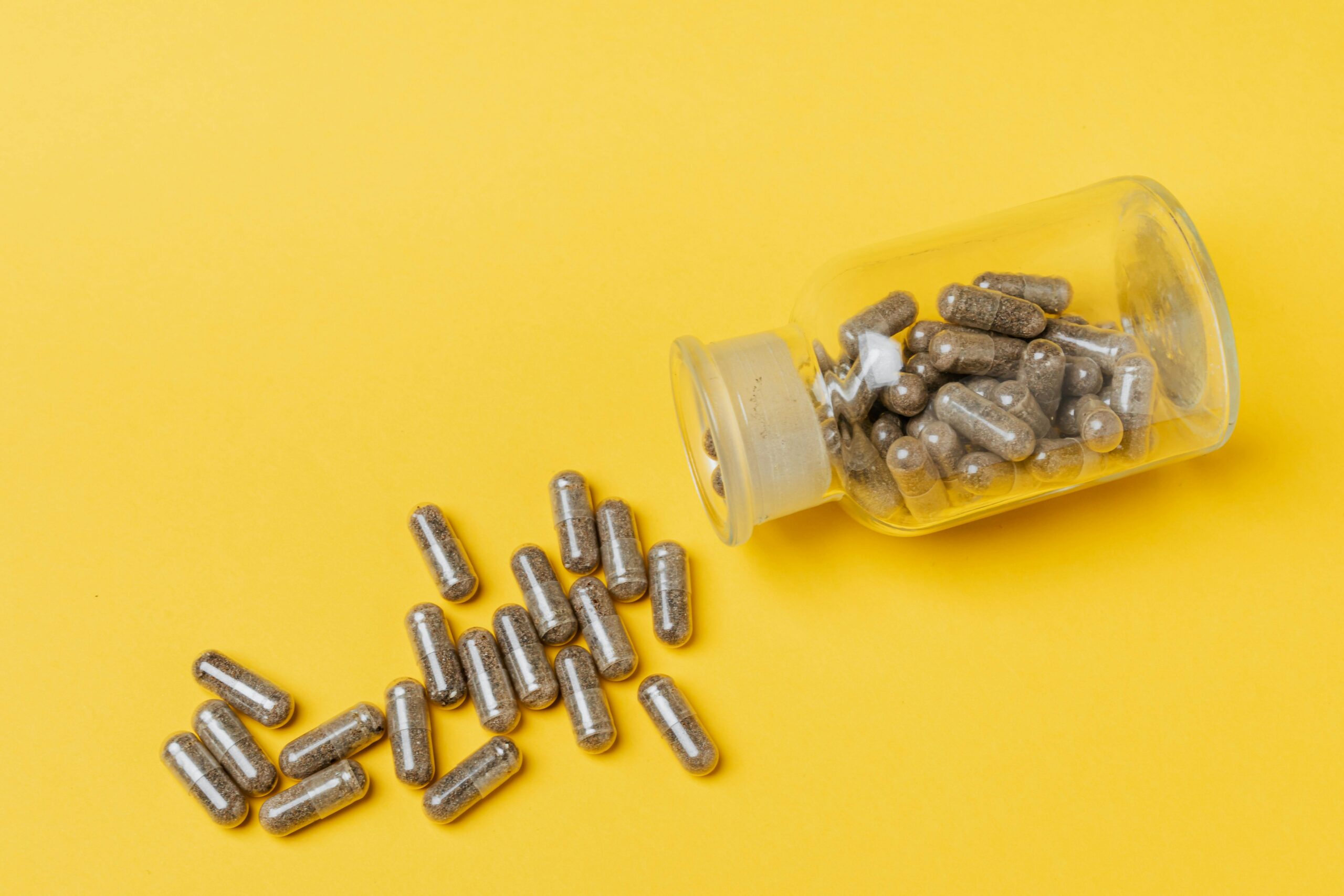Gut bacteria help your immune system, but research shows that taking oral antibiotics can eliminate them. Losing the number of “good” bacteria in your gut microbiome is associated with a lower immune response to the annual flu shot, scientists say.
The 2019 report led by scientists from Stanford University and funded by the National Institute of Allergy and Infectious Diseases (NIAID), studied the immune response of 33 healthy adult volunteers. Flu shot data for the 2014-2015 season was available for 22 of the volunteers and the other 11 had their flu shot data reviewed during the 2015-2016 flu season. The 22 volunteers all had high preexisting immunity to various flu strains with the 2014-2015 flu vaccine, while the 11 volunteers had low immunity to the 2015-2016 flu vaccine’s virus strains.
In this study, everyone received a flu vaccine. However, half the group also received a 5-day course of a broad-spectrum oral antibiotic regimen, including neomycin, vancomycin, and metronidazole before getting the shot. The research team then collected stool and blood samples multiple times up to one year after vaccination to study gut microbial diversity.
Results showed a 10,000-fold reduction in gut bacterial levels and diversity after administering oral antibiotics. In people who had low preexisting antibody titers, having oral antibiotics caused significant impairment in neutralizing antibodies targeting H1N1 and a lower IgG1 and IgA binding antibody response.
Exposure to oral antibiotics also leads to a pro-inflammatory state as seen with increased inflammatory markers in the blood. The increased inflammation was similar to what scientists observe in older adults who get flu shots. Based on the findings, the team hypothesized that the increased inflammation is related to the microbiome’s job of regulating bile acids. As predicted, oral antibiotics can get rid of secondary bile acids leading to the activation of AP-1/NR4A and inflammasome activation.
The study is published in the journal Cell.












